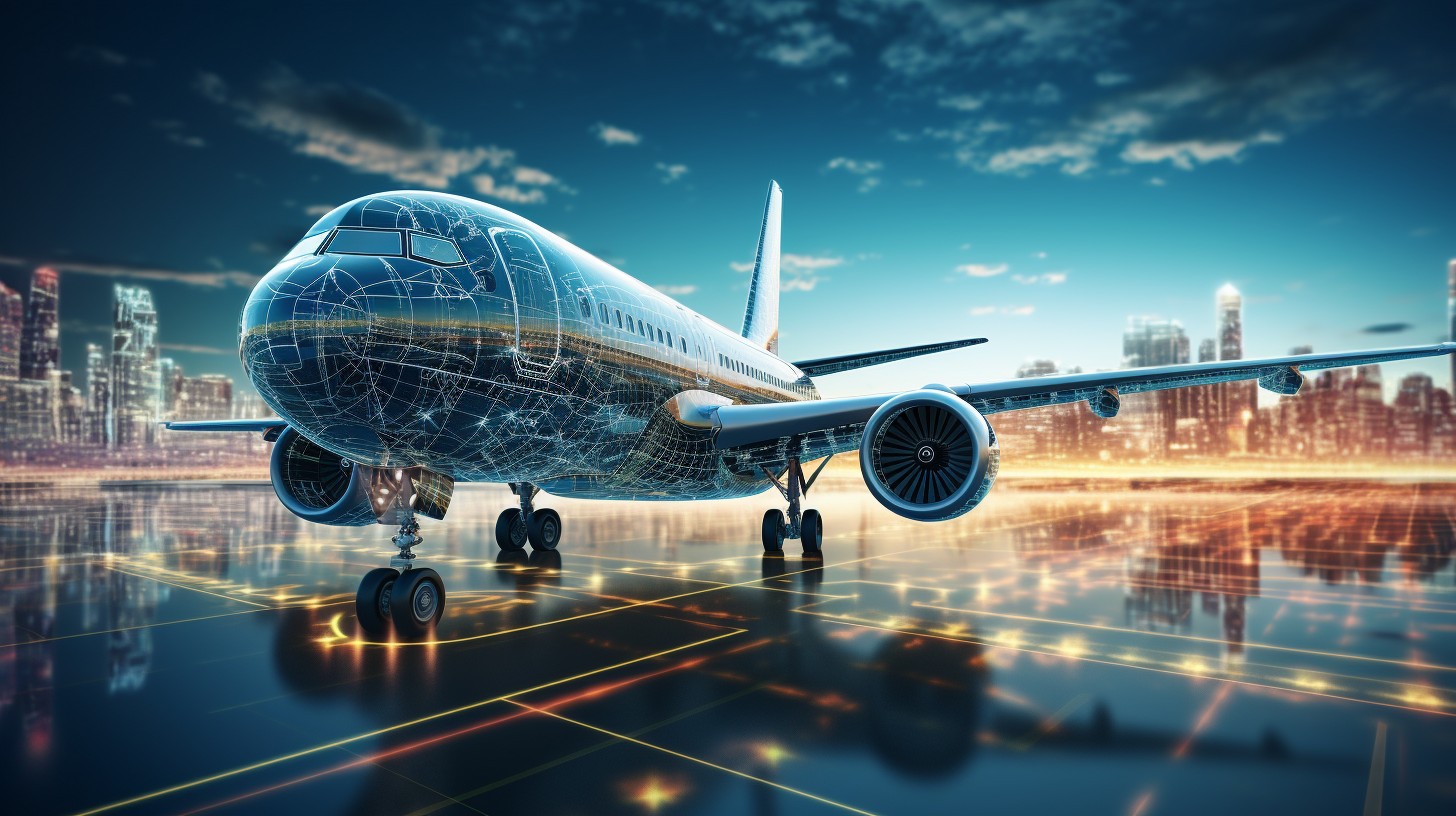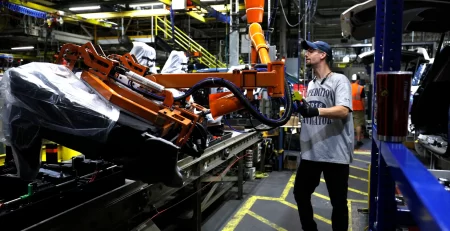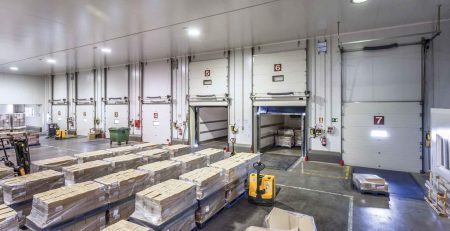Flight to the Future: The Transformative Role of AI in the Aviation Industry
The aviation industry, known for its relentless pursuit of innovation, has embraced Artificial Intelligence (AI) as a revolutionary force that is reshaping the way we fly, maintain aircraft, and manage air traffic. AI technologies, ranging from machine learning algorithms to natural language processing, are playing a pivotal role in enhancing safety, efficiency, and passenger experience. This article explores the multifaceted impact of AI in the aviation sector, showcasing its transformative influence on various aspects of the industry.
1. Enhanced Safety and Predictive Maintenance:
AI-powered systems analyze vast amounts of data from aircraft sensors and historical performance to predict maintenance needs accurately. By identifying potential issues before they escalate, airlines can proactively address maintenance concerns, ensuring the safety and reliability of flights. Predictive maintenance not only reduces downtime but also minimizes the risk of in-flight failures, enhancing overall passenger safety.
2. Optimized Flight Operations:
AI algorithms optimize flight routes, taking into account weather patterns, air traffic, and fuel efficiency. By analyzing real-time data, AI systems help pilots make informed decisions, leading to fuel savings and reduced emissions. Additionally, AI-driven weather forecasting enhances flight planning, ensuring smoother journeys and minimizing the impact of adverse weather conditions on schedules.
3. Air Traffic Management and Efficiency:
AI-based air traffic management systems enhance the efficiency of airspace utilization. These systems analyze traffic patterns, predict congestion, and optimize routes for both aircraft and drones. By reducing airspace congestion and streamlining traffic flow, AI contributes to on-time arrivals, fuel savings, and a more sustainable aviation ecosystem.
4. Intelligent Customer Service and Passenger Experience:
Chatbots and virtual assistants powered by AI provide intelligent customer service, handling inquiries, booking changes, and travel-related questions in real time. These AI-driven interfaces enhance the passenger experience by providing swift and personalized responses. AI-powered recommendation engines also customize in-flight entertainment and services, tailoring offerings to individual passenger preferences.
5. Aircraft Design and Manufacturing:
AI-driven design simulations and generative algorithms are transforming aircraft design and manufacturing processes. By rapidly generating and evaluating thousands of design options, AI accelerates the innovation cycle, leading to more aerodynamic and fuel-efficient aircraft. Manufacturers leverage AI to optimize production workflows, improve quality control, and enhance the overall efficiency of the manufacturing process.
6. Security and Threat Detection:
AI algorithms analyze vast datasets to identify potential security threats, both in physical and cyber domains. From detecting suspicious behaviors at airports to safeguarding critical aviation infrastructure from cyberattacks, AI enhances security measures. Machine learning models identify patterns in data, enabling proactive measures to mitigate risks and ensure the safety and security of passengers and aviation personnel.
7. Training and Simulation:
AI-powered simulations are revolutionizing pilot training and aircraft operation scenarios. Virtual reality (VR) and augmented reality (AR) simulations provide realistic training environments, allowing pilots and crew members to practice emergency procedures and complex maneuvers safely. AI algorithms enhance these simulations by adapting scenarios in real time, providing a dynamic and customized training experience.
In conclusion, AI has emerged as a transformative force in the aviation industry, enhancing safety, efficiency, and passenger satisfaction. As AI technologies continue to evolve, the industry will witness further advancements, leading to a future where air travel is not only safer and more efficient but also more personalized and enjoyable. By embracing AI-driven solutions, the aviation sector is paving the way for a new era of innovation, setting the stage for a future where the sky is not the limit, but only the beginning.











Leave a Reply